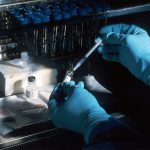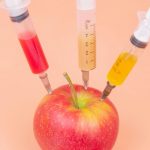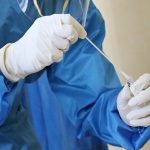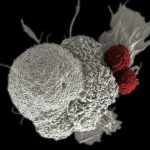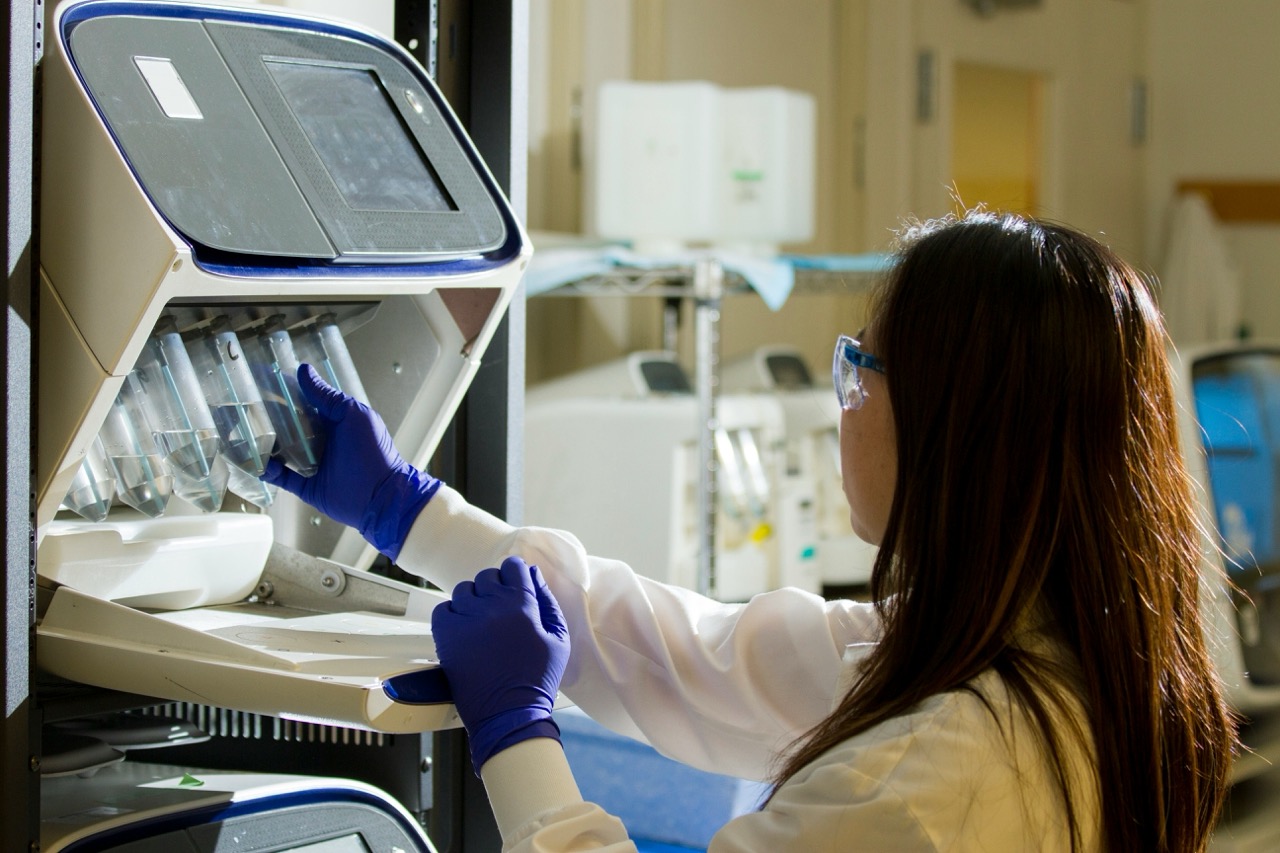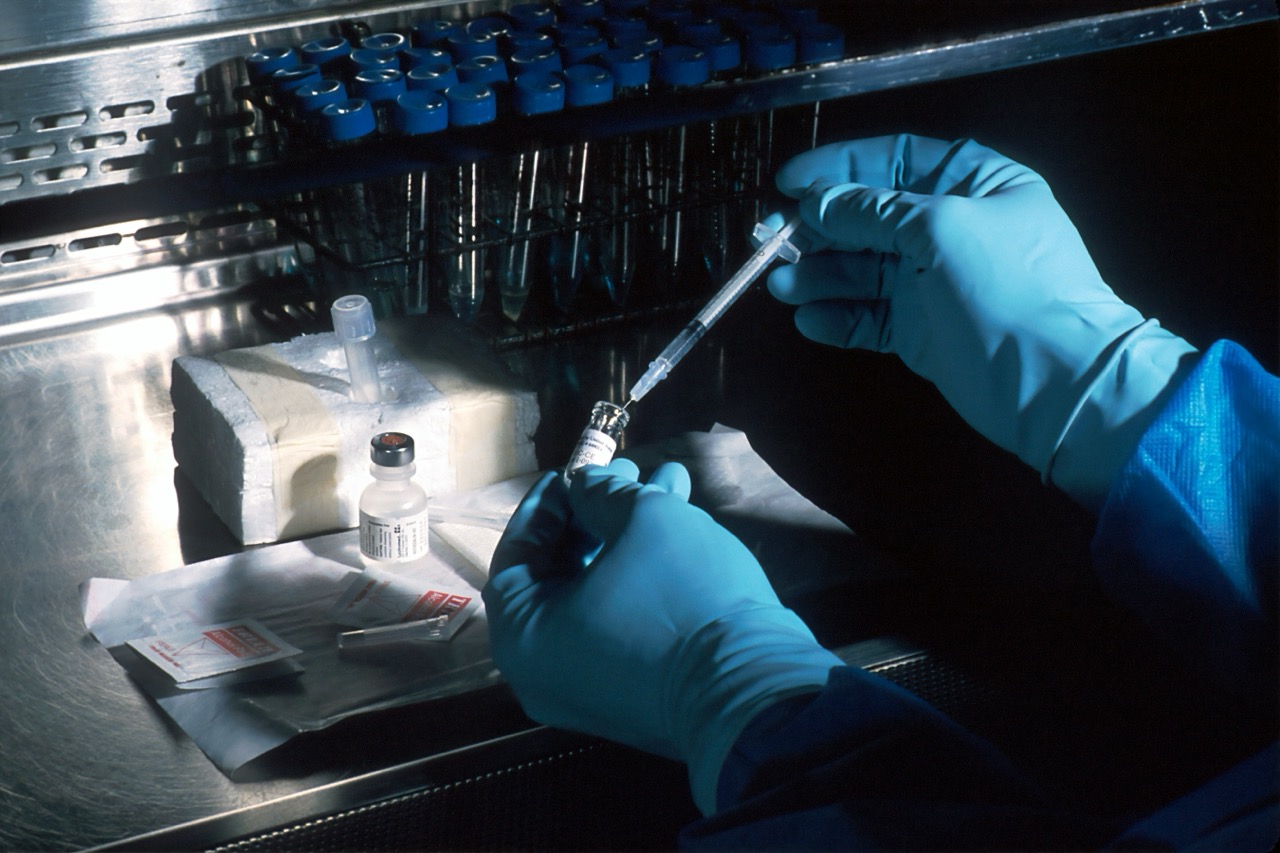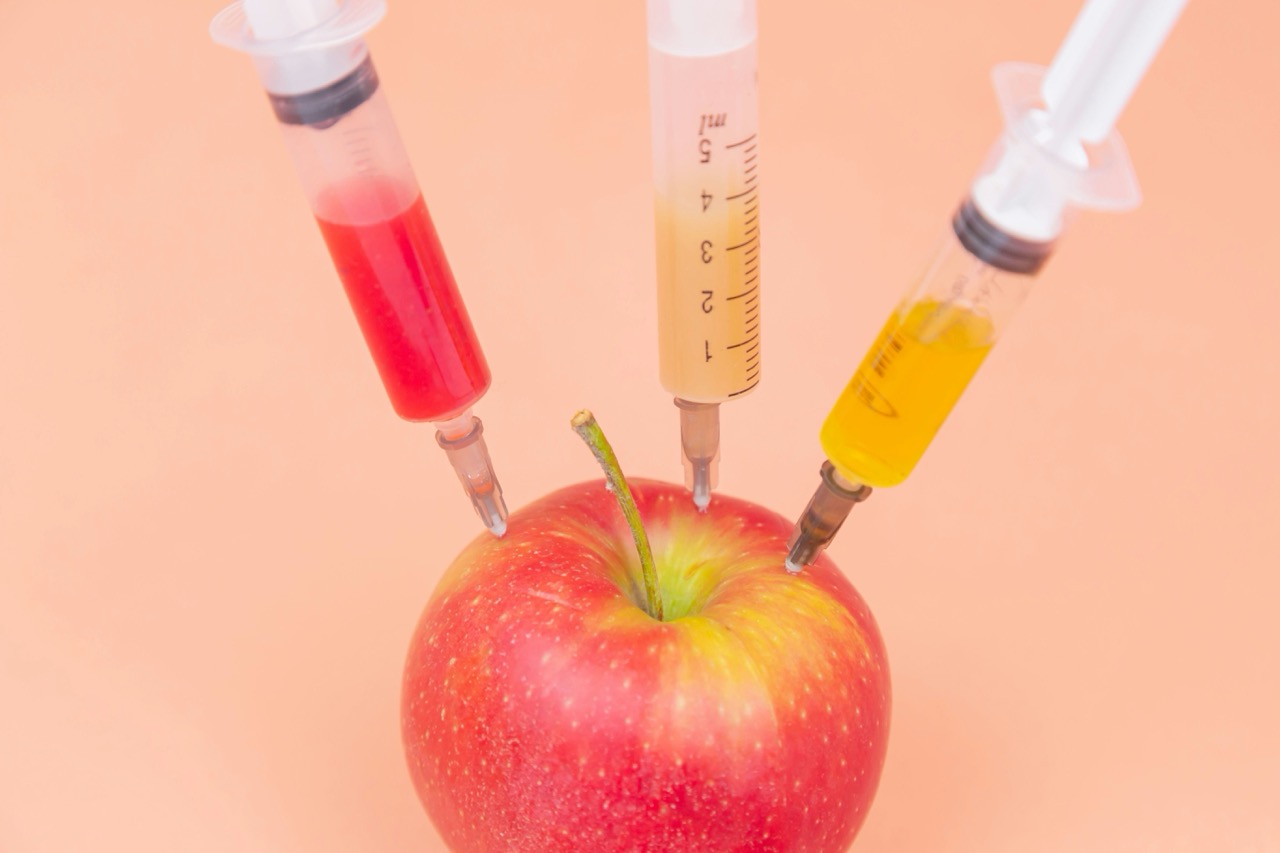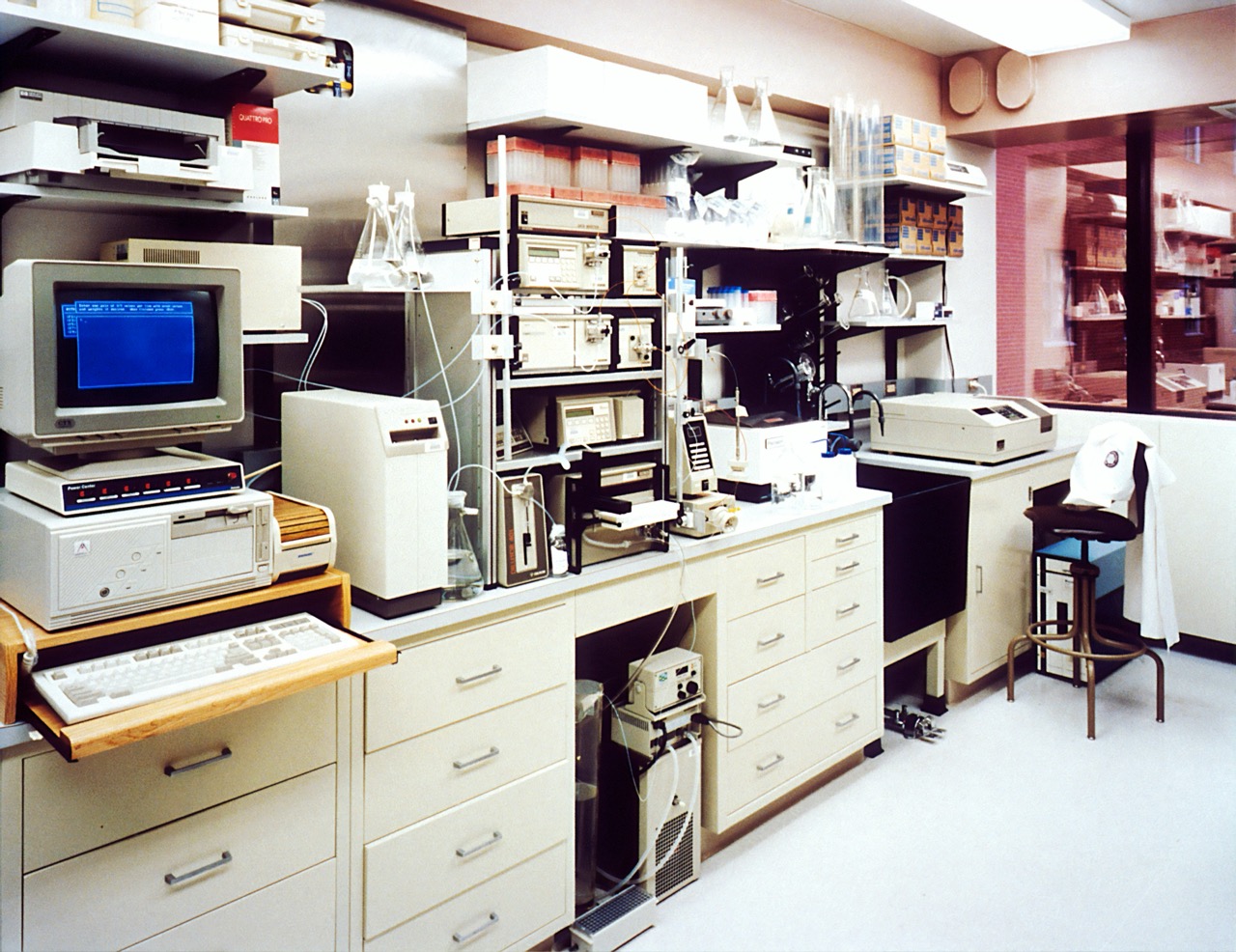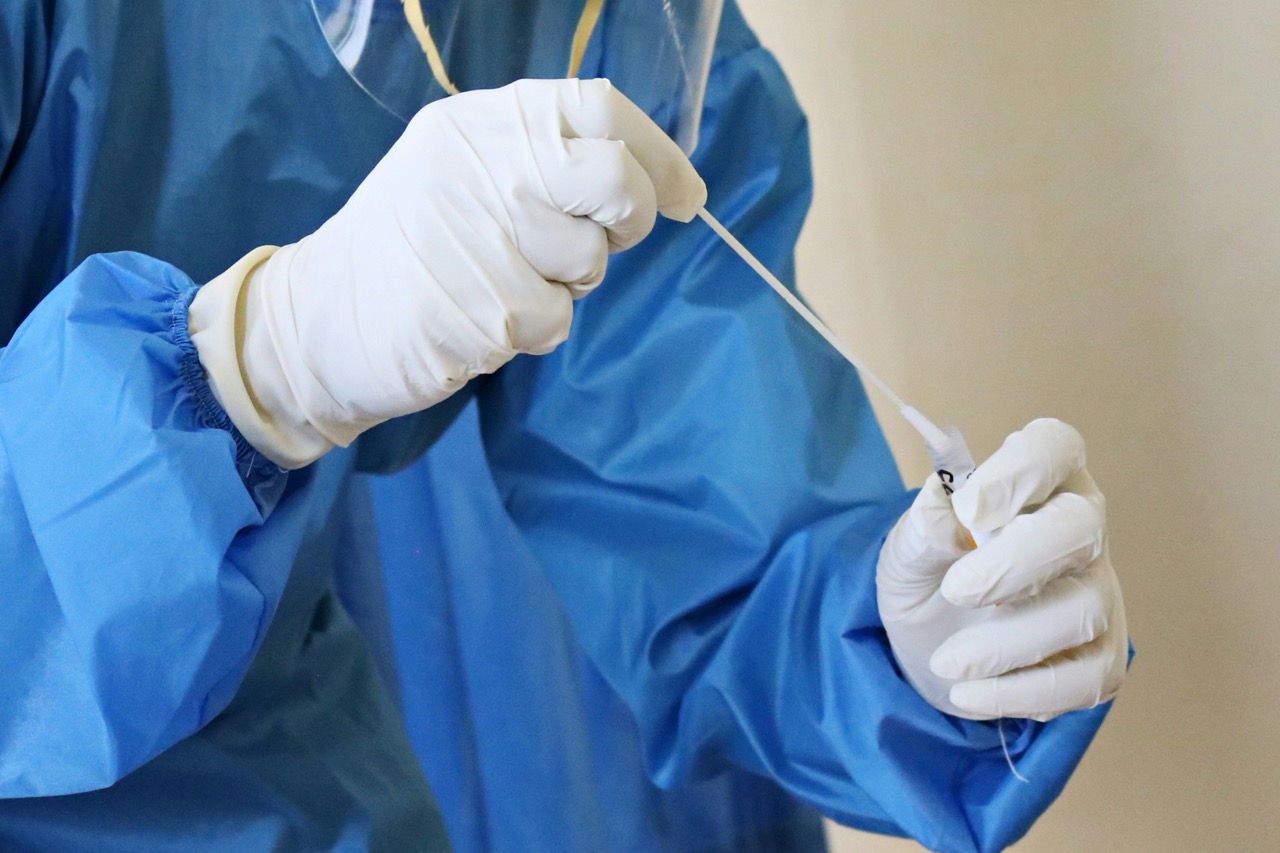How Accurate Are STD Tests? A Cheerful Exploration of Health and Hope!
When it comes to matters of the heart—and other intimate regions—knowledge truly is power. In the vibrant world of sexual health, understanding the accuracy of STD tests can empower us to make informed choices. So let’s take a cheerful dive into the exciting realm of testing for sexually transmitted diseases (STDs) and discover just how reliable these tests can be!
The ABCs of STD Testing
First things first: what are we even talking about here? STD tests are medical procedures designed to detect the presence of sexually transmitted infections in your body. From the common culprits like chlamydia and gonorrhea to the more elusive HIV and syphilis, there’s a whole lineup of tests available to help keep your sexual health in check.
The Accuracy Spectrum: Sensitivity and Specificity
When we talk about accuracy, we’re usually referring to two key concepts: sensitivity and specificity.
-
Sensitivity measures how good a test is at correctly identifying those who have the STD. Imagine it as a trusty friend who can find your favorite pair of socks in a laundry pile.
-
Specificity, on the other hand, gauges how well a test can identify those who do not have the infection. Think of it as the friend who can spot a fake in a crowd of glitter!
A high sensitivity means fewer false negatives (where someone tests negative but actually has the infection), while high specificity means fewer false positives (where someone tests positive but is actually disease-free).
The Good News: Most Tests Are Quite Accurate!
With modern technology and medical advancements, many STD tests boast impressive accuracy rates. For instance, tests for HIV, syphilis, and hepatitis B are known for their high sensitivity and specificity, often exceeding 95%. That’s like getting an A+ on a health report card!
However, it’s important to understand that no test is perfect. Certain factors can influence accuracy, such as:
-
Timing: Some infections may not be detectable immediately after exposure. This is known as the "window period." For instance, HIV tests may not yield accurate results until three weeks to several months after exposure.
-
Testing Methods: Different tests use different methods. Blood tests, urine tests, and swabs can yield varying levels of accuracy. So, ensure you’re getting the right test for your needs!
-
Human Factors: Errors can happen, whether it’s a lab mix-up or a miscommunication about symptoms. Ensuring that you go to reputable clinics can minimize these risks!
What to Do if You Get Tested
So, you’ve taken the leap and opted for testing—hooray! But now what? If you receive a positive result, don’t panic! Many STDs are treatable or manageable with the right medical care.
-
Consult a Healthcare Provider: They can provide guidance, answer your questions, and help create a plan for treatment or management.
-
Communicate with Partners: If you test positive, it’s important to inform any sexual partners so they can get tested and treated if necessary. It might feel awkward, but it’s a key step in caring for everyone’s health!
-
Get Retested: Depending on your situation and the STD, your healthcare provider may recommend follow-up tests to ensure the infection is cleared.
Prevention: The Best Policy
While testing is crucial, prevention remains a cornerstone of sexual health! Here are a few cheerful reminders to keep STD risks at bay:
-
Use Protection: Condoms are a fabulous way to reduce the risk of many STDs!
-
Get Vaccinated: Vaccines are available for certain STDs like HPV and hepatitis B. Take advantage of these protective measures!
-
Regular Testing: If you’re sexually active, especially with new partners, regular testing should be a part of your health routine. Consider it a fun and responsible check-in with yourself!
In Conclusion: Embrace Health with Joy!
So, how accurate are STD tests? The answer is quite encouraging! With high levels of accuracy, the right timing, and a willingness to communicate and seek help, you can confidently navigate your sexual health journey. Remember, knowledge is not just power—it’s a pathway to vibrant, healthy living! So, put on your metaphorical party hat, get tested, and embrace the joy of taking charge of your health! Cheers to you! 🎉
